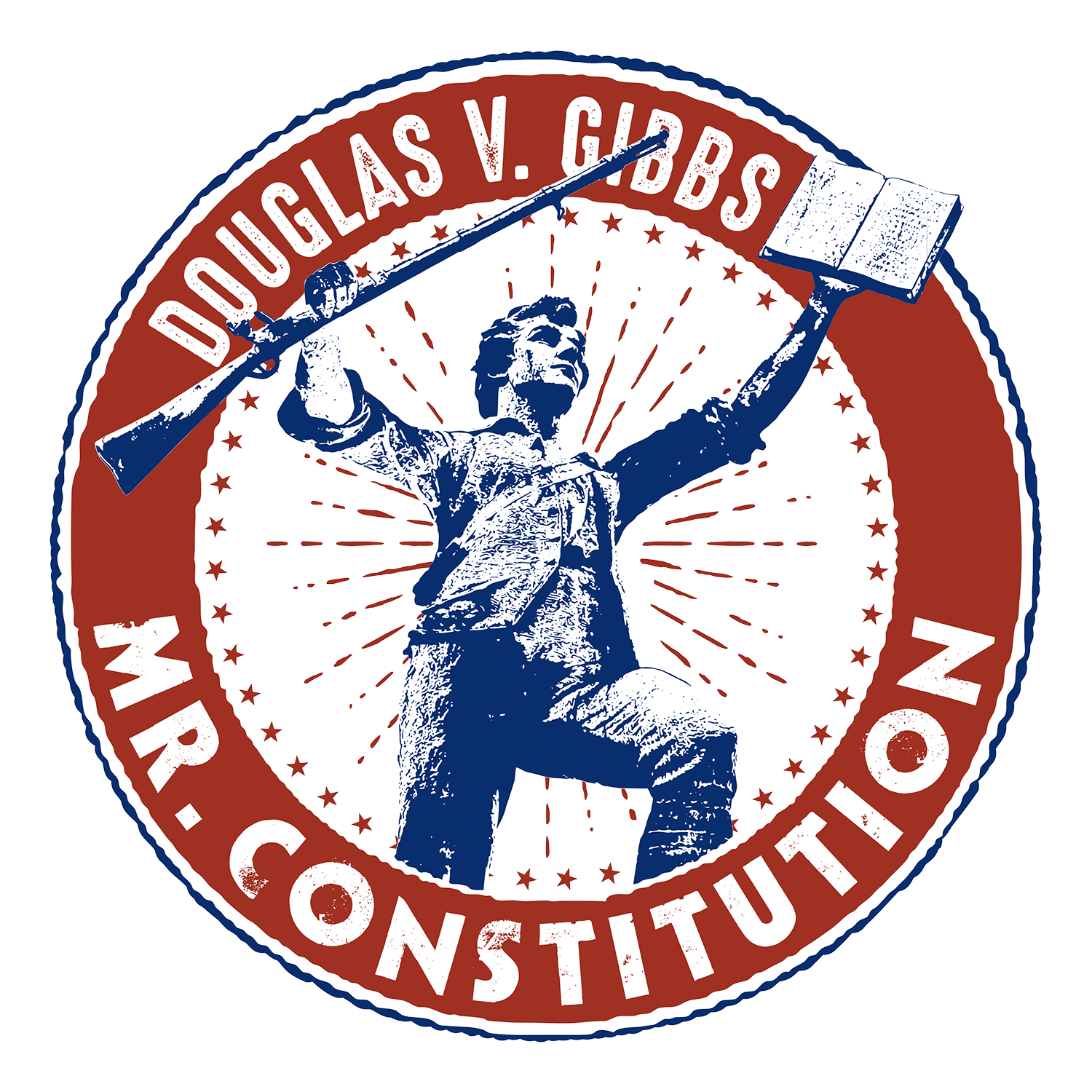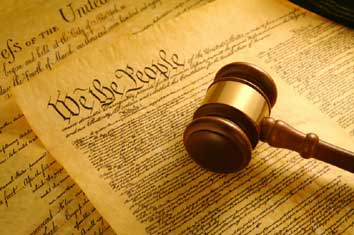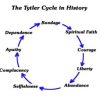By Douglas V. Gibbs
In a ruling that stunned election integrity advocates, Clinton-appointed Judge Colleen Kollar-Kotelly of the U.S. District Court for the District of Columbia blocked President Trump’s directive requiring proof of U.S. citizenship for federal voter registration.
The judge declared that the President lacked authority to instruct the U.S. Election Assistance Commission (EAC) to update registration forms to require documentation; such as a birth certificate, passport, or naturalization papers. Her decision effectively removes any federal-level verification that a registrant is, in fact, a U.S. citizen.
Yet the EAC is part of the executive branch. Article II of the Constitution vests executive power in the President, making him the chief executive over all agencies therein. Unless constrained by statute or the Constitution, he holds the authority to direct executive functions, including those of the EAC.
At issue was the National Voter Registration Act (NVRA), the so-called “Motor Voter” law, which created a standardized federal form. The Trump administration sought to close a glaring loophole: applicants merely check a box claiming citizenship, no proof required.
Kollar-Kotelly sided with progressive groups who argued that requiring documentation would “burden” voters. Her ruling ignores the Constitution’s repeated insistence that voting is reserved for citizens: the Fourteenth Amendment, Section 2; the Fifteenth, Nineteenth, Twenty-Fourth, and Twenty-Sixth Amendments all affirm this principle.
The ruling means anyone, citizen or not, can register using the federal form without ever proving eligibility. In an era of illegal immigration, mail-in ballots, and bloated voter rolls, the government is now relying on the honor system.
Election integrity advocates argue that citizenship verification isn’t voter suppression, it’s common sense. Americans must show ID to buy alcohol, board a plane, or enter a federal building. Yet, Democrats insist voting should require no proof of citizenship.
This decision fits a troubling pattern: activist judges and left-wing organizations using the courts to block nearly every effort to secure the ballot box. From striking down voter ID laws to halting audits and purges of outdated rolls, the rulings consistently favor those who benefit from their version of constitutional interpretation.
The irony is rich. The same voices who accused Trump of winning via “foreign interference” now defend a system that invites foreign interference at the ballot box.
Trump’s legal team is expected to appeal, likely bringing the case before the Supreme Court. Until then, federal voter registration remains a self-attested process; no proof required.
Citizenship was a revolutionary concept at America’s founding. In the Old World, people were subjects, ruled over without recourse. In the New World, citizens ruled government.
Though the original Constitution referenced citizenship primarily in relation to office-holding and state affiliation, the concept evolved. As immigration surged in the 1800s, states began tightening suffrage requirements. Some allowed “declarant alien suffrage” which was voting by immigrants who declared intent to naturalize. By the eve of the War Between the States, half of the states required citizenship to vote.
After the war, the Fourteenth and Fifteenth Amendments enshrined citizenship as a prerequisite for voting; intended to guarantee emancipated slaves full participation in the republic.
Citizenship and suffrage became a sacred pairing. But Judge Kollar-Kotelly’s ruling not only undermines the separation of powers by attempting to use the courts to micromanage the President’s duties, but also slashes at the heart of a sacred principle: only citizens should vote, and only citizens belong in the American electorate.
— Political Pistachio Conservative News and Commentary



